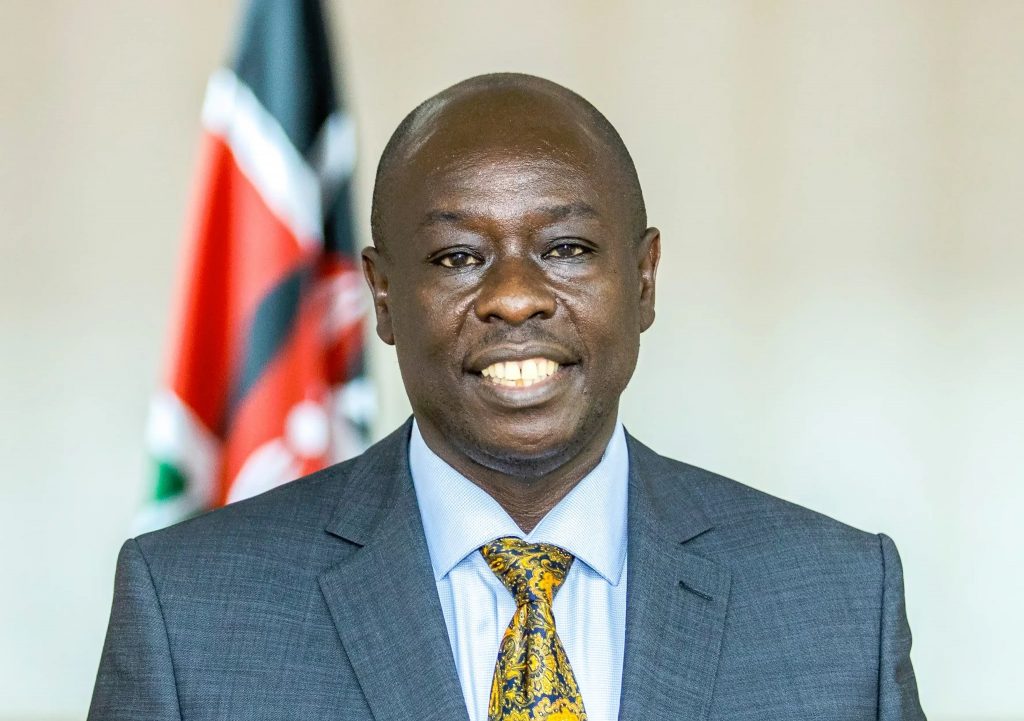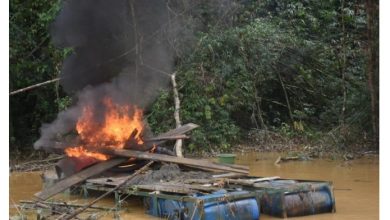Kenya’s parliament initiates impeachment process against Deputy President Gachagua

In a significant political move, members of Kenya’s parliament have begun the impeachment process against Deputy President Rigathi Gachagua, citing his alleged involvement in deadly anti-government demonstrations in June, corruption, and promoting ethnically divisive politics.
Gachagua has denied these accusations.
The impeachment effort highlights a growing rift between Gachagua and President William Ruto, stemming from a fallout after recent protests that forced Ruto to reconsider tax hikes.
On Tuesday, the National Assembly’s speaker allowed the impeachment motion to proceed after it garnered overwhelming support from 291 MPs, surpassing the necessary 117 votes.
The impeachment is expected to pass easily through both houses, especially as opposition parties have united with Ruto’s party in light of the protests.
However, no specific date has been set for the proceedings. Previous attempts to halt the impeachment through the courts were unsuccessful.
The tension between Ruto and Gachagua has raised concerns over political stability as Kenya grapples with a severe economic crisis.
Gachagua was chosen as Ruto’s running mate in the contentious 2022 elections and played a key role in securing support from the influential Mount Kenya region.
However, the political landscape has shifted since members of the opposition began to collaborate with the ruling party.
Despite facing mounting pressure, Gachagua remains defiant, asserting, “Two-hundred [legislators] cannot overturn the will of the people,” emphasizing his support from his constituency.
To pass the motion, it requires the backing of two-thirds of the National Assembly and Senate members, excluding nominees.
Gachagua has indicated that he is prepared to fight back against the impeachment. “The president can ask MPs to stop. So, if it continues, he’s in it,” he stated before the parliamentary session.
While Ruto has previously vowed not to subject Gachagua to “political persecution,” the tensions between them have become increasingly evident.
Gachagua’s recent absences during official state departures and arrivals have sparked speculation about his standing within the government.

Interior Secretary Kithure Kindiki, trusted by Ruto, has been seen taking on some of Gachagua’s responsibilities, further isolating the deputy president.
In a troubling development, the police’s Directorate of Criminal Investigations (DCI) has recommended charges against two MPs and close allies of Gachagua, accusing them of planning and financing violent protests that erupted in June.
Gachagua condemned these charges, calling them an “act of aggression” and an attempt to undermine his reputation.
As discussions unfold in parliament, many young people involved in the protests view the impeachment as a diversion from governmental failures, stating that if Gachagua is removed, Ruto should also be held accountable.
In the Senate, an opposition member has filed a censure motion against the president, though it carries no legal consequences.
While Ruto prepares to engage with legislators from his party, he faces the challenge of navigating the political implications of the ongoing situation with Gachagua, whose fate now lies in the hands of parliament.
Ultimately, the president may hold the key to Gachagua’s political survival.
Source-BBC





